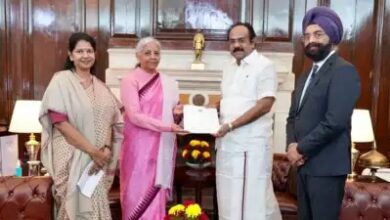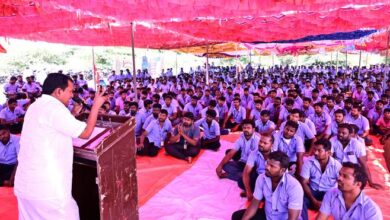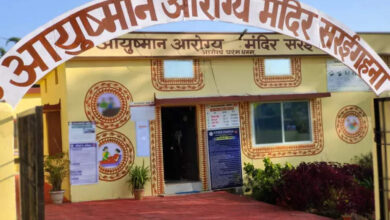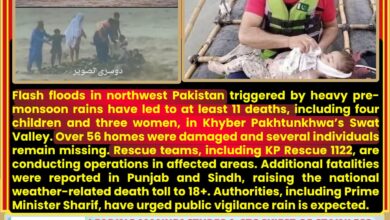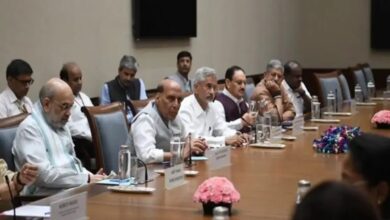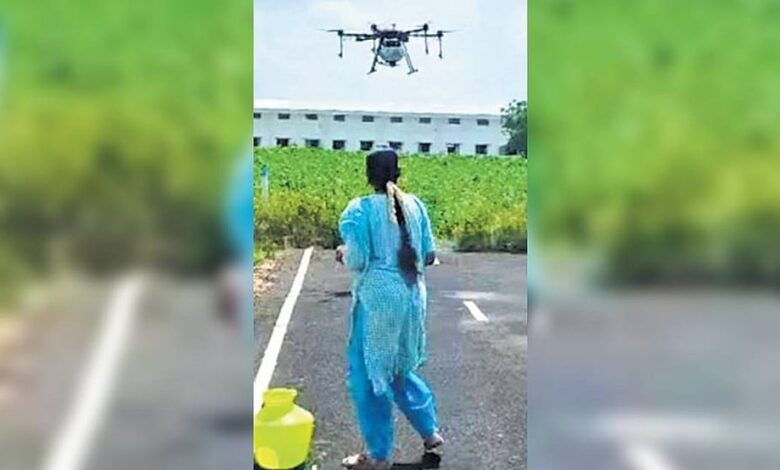
Chennai, Tamil Nadu, February 2025 – In a groundbreaking move to modernize agriculture and empower women in technology, the Tamil Nadu government has launched an innovative program to deploy 44 licensed women drone pilots across 28 districts in the state. This strategic initiative is designed to enhance crop protection and boost agricultural productivity by leveraging drone technology for efficient field monitoring and pest control.
A New Era in Agricultural Innovation
Under this initiative, the state aims to address several longstanding challenges in agriculture, including timely crop monitoring, early detection of pest infestations, and rapid response to environmental stressors. By using drones, farmers can benefit from high-resolution aerial imagery, real-time data collection, and precise application of fertilizers or pesticides, thereby ensuring healthier crops and improved yields.
The program is unique not only for its technological integration but also for its focus on gender empowerment. 44 women, selected from various parts of Tamil Nadu, have been trained and certified as drone pilots. Their expertise will be available to farmers through their respective Self-Help Groups (SHGs), creating a direct link between modern technology and grassroots agricultural practices.
How the Initiative Works
The new scheme, announced by the Tamil Nadu Department of Agriculture in collaboration with the Skill Development Corporation (TNSDC), focuses on several key areas:
Drone-Based Crop Monitoring:
The women pilots will deploy drones equipped with high-resolution cameras and sensors to capture detailed images and data from farmlands. This data will help in early detection of pest infestations, nutrient deficiencies, and water stress, enabling farmers to take prompt corrective action.
Precision Agriculture:
Drones will assist in the precise application of inputs such as fertilizers and pesticides, reducing waste and ensuring that resources are used efficiently. This precision is expected to minimize environmental impact and lower production costs for farmers.
Training and Capacity Building:
The program includes comprehensive training modules that have equipped the 44 women with the technical skills required to operate drones. In addition, they are being trained on data analysis and interpreting aerial imagery, which will further empower them to assist farmers effectively.
Leveraging SHGs:
By linking these skilled women with Self-Help Groups (SHGs), the government ensures that farmers across various districts have accessible and localized support for their agricultural needs. SHGs will serve as the primary point of contact for farmers requiring drone services, facilitating smoother operations and timely assistance.
Government and Expert Reactions
The initiative has garnered widespread praise from both government officials and industry experts. A senior official from the Tamil Nadu Department of Agriculture remarked:
“This program is a testament to our commitment to transforming agriculture through technology while simultaneously promoting women’s empowerment. By integrating drone technology with local support systems like SHGs, we aim to revolutionize crop protection and ensure sustainable agricultural practices.”
Experts in the field of agricultural technology have also welcomed the move, noting that such initiatives could serve as a model for other states. Dr. Priya Menon, an agricultural economist, commented:
“The use of drones in agriculture is a game-changer. When coupled with the empowerment of women as skilled drone operators, it not only boosts productivity but also fosters inclusive growth in rural communities.”
Benefits for Farmers and the Broader Economy
The anticipated benefits of this initiative are multifold:
Increased Agricultural Productivity:
With improved crop monitoring and precision input application, farmers can expect healthier crops and higher yields, contributing to overall food security.
Cost Efficiency:
The reduction in wasteful input use and timely intervention in crop issues are expected to lower production costs, thereby enhancing farmers’ profitability.
Environmental Sustainability:
Precision agriculture techniques enabled by drone technology can reduce the excessive use of chemicals, promoting a more sustainable farming practice and reducing the environmental footprint.
Economic Empowerment:
Empowering women by providing them with technical skills in drone operation not only opens new career avenues but also promotes gender equality in traditionally male-dominated fields.
Challenges and the Road Ahead
While the program is promising, several challenges remain. Ensuring widespread adoption among farmers, who may be hesitant to embrace new technology, is critical. Additionally, continuous training and technical support will be necessary to keep pace with technological advancements and ensure the effective utilization of drone data.
The state government has committed to regular monitoring and evaluation of the initiative, with plans to scale it up further based on initial successes. The long-term goal is to integrate advanced technologies into the agricultural sector comprehensively, driving innovation and sustainability across the state.
Conclusion
The launch of the 44 women drone pilots initiative in 28 districts of Tamil Nadu represents a pioneering step towards merging technology with traditional agriculture. By providing farmers with direct access to advanced drone services through SHGs, the program is set to enhance crop protection, boost productivity, and promote sustainable farming practices. Moreover, this initiative stands as a powerful example of how technology can be used to empower women and drive inclusive economic growth in rural India.
